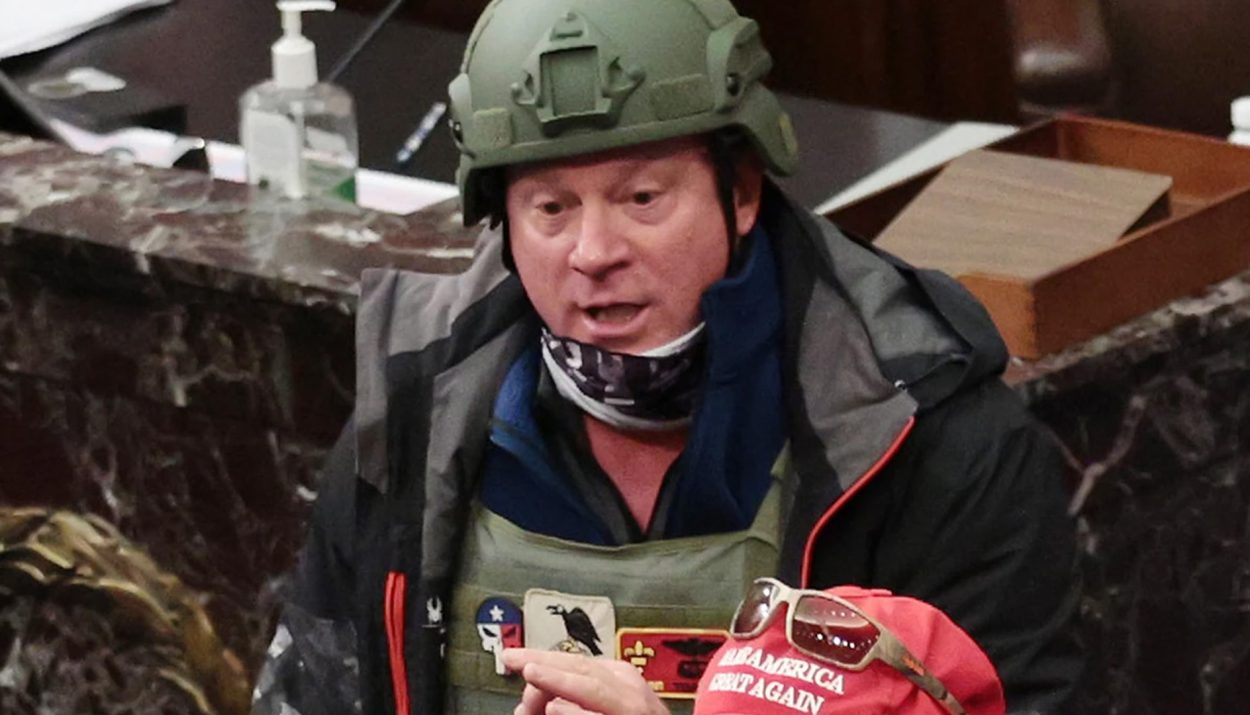In a ruling that could significantly impact dozens of other January 6th sentences, a federal appeals court in Washington has ordered a new sentence for Larry Brock, a retired Air Force officer who participated in the Capitol riot while wearing combat gear.
The court upheld Brock’s conviction but said the trial judge wrongly applied a sentencing enhancement for substantially interfering with the administration of justice, an issue affecting over 100 other defendants.
The Case Against Larry Brock
According to court documents, Larry Brock, a retired U.S. Air Force officer, participated in the Capitol riot on January 6, 2021, dressed in combat gear. He was convicted of a felony charge of obstruction of an official proceeding and misdemeanor offenses for his role in the attack.
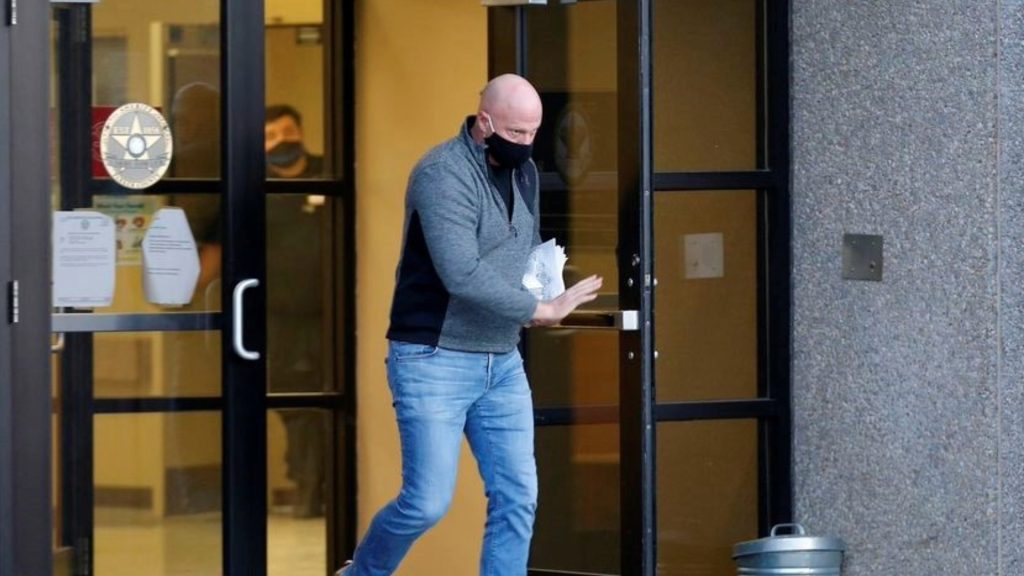
Brock was sentenced to two years in prison for his crimes. However, in a Friday ruling, the U.S. Court of Appeals for the D.C. Circuit upheld Larry Brock’s conviction but found that the judge wrongly applied an enhancement that increased his recommended prison sentence.
Sentencing Enhancement Overturned
The appeals court ruled that the “administration of justice” sentencing enhancement used to lengthen Brock’s prison term does not apply to interfering with the electoral vote certification, which Congress was meeting to do on January 6.

The court found that “Brock’s interference with one stage of the Electoral College vote-counting process -while no doubt endangering our democratic processes and temporarily derailing Congress’s constitutional work-did not interfere with the ‘administration of justice.'”
Background on Larry Brock and His Role in the January 6th Attack
Larry Rendall Brock Jr., a retired U.S. Air Force officer, participated in the storming of the U.S. Capitol on January 6, 2021. Brock was photographed on the Senate floor dressed in combat gear and carrying zip-tie handcuffs, which led to speculation that he intended to take hostages.
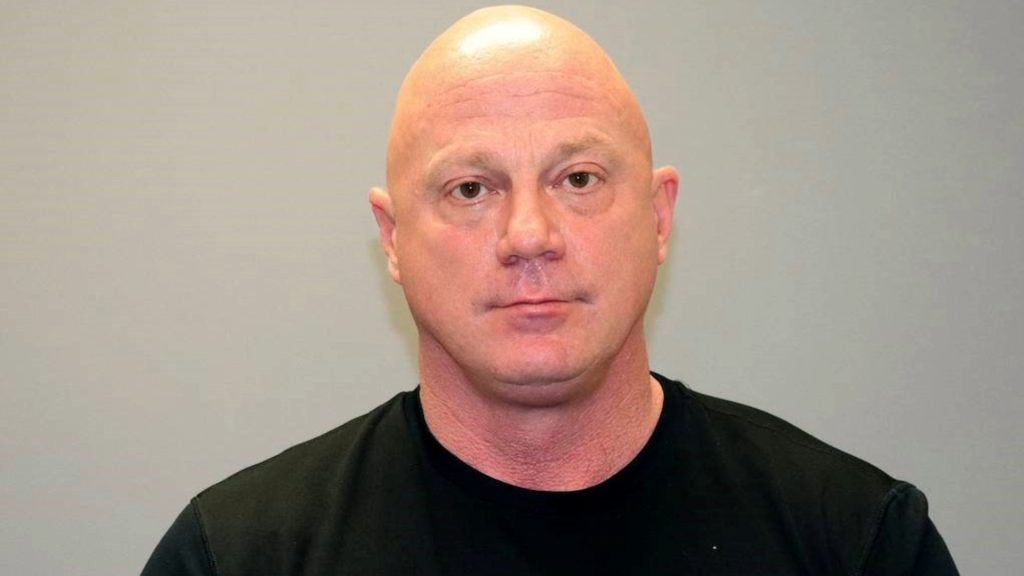
He was charged with obstructing an official proceeding, entering a restricted building, and violent entry or disorderly conduct. According to FBI charging documents, Brock began planning to attend the “Stop the Steal” rally in Washington, D.C., in December 2020.
Actions During the Attack
Videos and photos show Brock wandering the Senate floor and Rotunda for over 30 minutes. At one point, Brock joined a group trying to push open the doors to the Senate chamber.
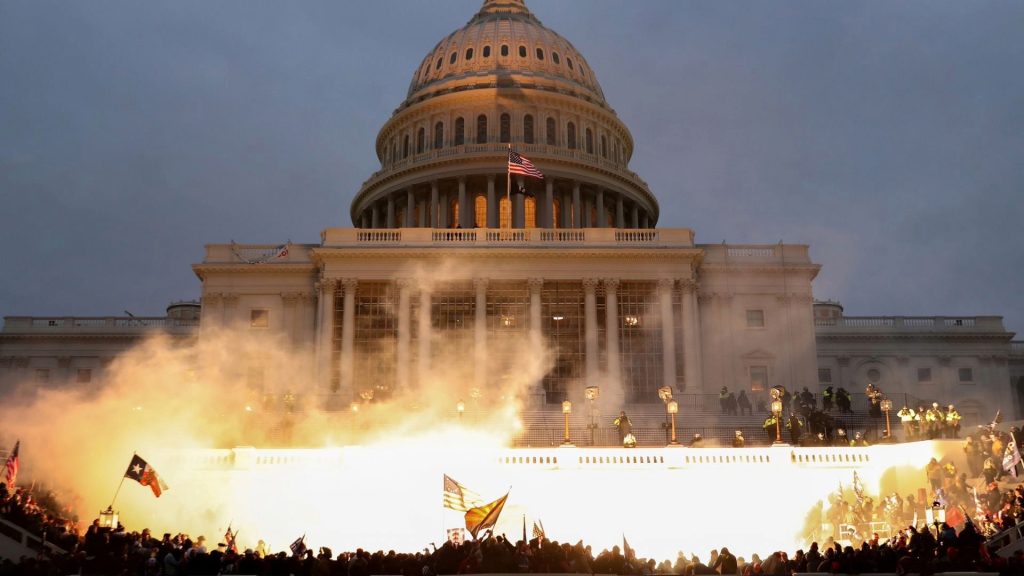
The group was unsuccessful, as Capitol police had barricaded the doors from the inside. Brock was among the last rioters to leave the Senate floor. On his way out, he posed for a photo before a portrait of former Vice President John C. Calhoun.
Legal Proceedings and Sentencing
On January 8, 2021, the FBI received tips identifying Brock as one of the individuals who had stormed the Capitol. Brock turned himself into authorities in Texas on January 10, 2021. He was originally charged with knowingly entering or remaining in a restricted building without lawful authority and violent entry and disorderly conduct on Capitol grounds.
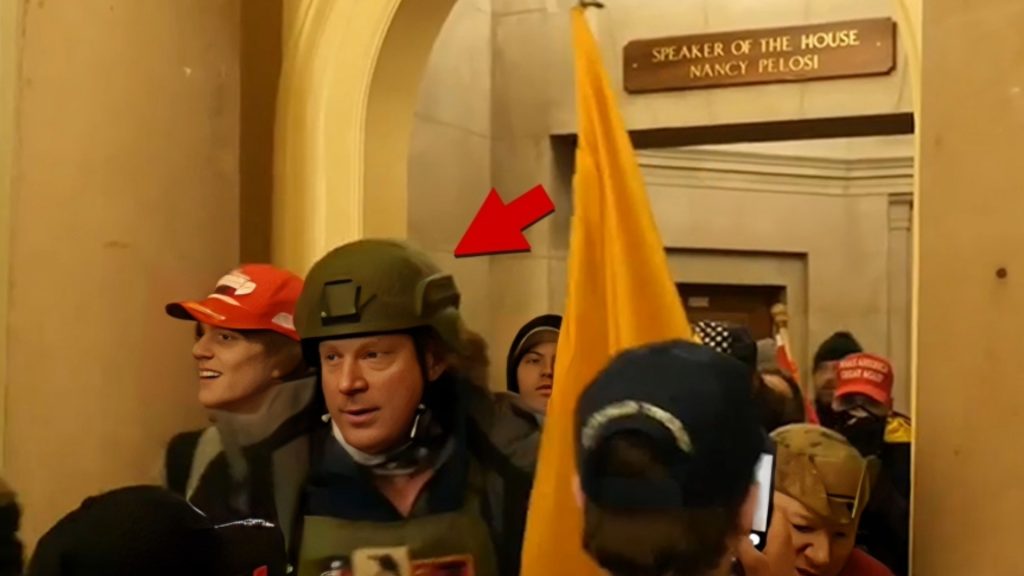
On July 19, 2021, Brock was found guilty on all charges after a bench trial before U.S. District Judge John Bates. On September 17, 2021, Judge Bates sentenced Brock to two years of probation, 90 days of home confinement, 60 hours of community service, and ordered him to pay $500 in restitution.
Application of “Substantial Interference” Enhancement
The U.S. Court of Appeals for the D.C. Circuit upheld Brock’s conviction but ruled that the judge wrongly applied an enhancement for “Substantial interference with the administration of justice,” which increased Brock’s recommended prison sentence under federal guidelines.

The enhancement has been applied in over 100 other cases of January 6 defendants, according to a spokesperson for the U.S. Attorney’s Office in Washington, D.C. If the ruling stands, those defendants who have not completed their prison terms may request new, reduced sentences.
Questioning the Applicability of “Substantial Interference“
The appeals court ruled that the enhancement of “substantial interference with the administration of justice” applies to judicial proceedings but not to interfering with the certification of the electoral vote, which Congress was meeting to do on January 6.
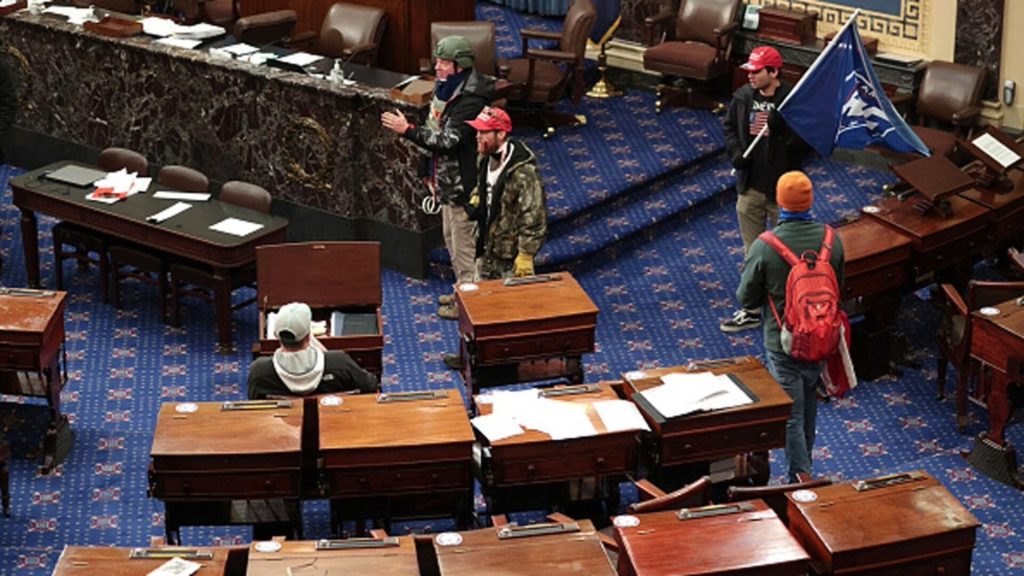
The court stated, “Brock’s interference with one stage of the Electoral College vote-counting process- while no doubt endangering our democratic processes and temporarily derailing Congress’s constitutional work-did not interfere with the ‘administration of justice.'”
Why the Appeals Court Ruled the Enhancement Was Improperly Applied
The U.S. Court of Appeals for the D.C. Circuit determined that the sentencing enhancement for “substantial interference with the administration of justice” was improperly applied in Brock’s case. The panel of appellate judges found that the certification of the Electoral College vote did not constitute a judicial proceeding.
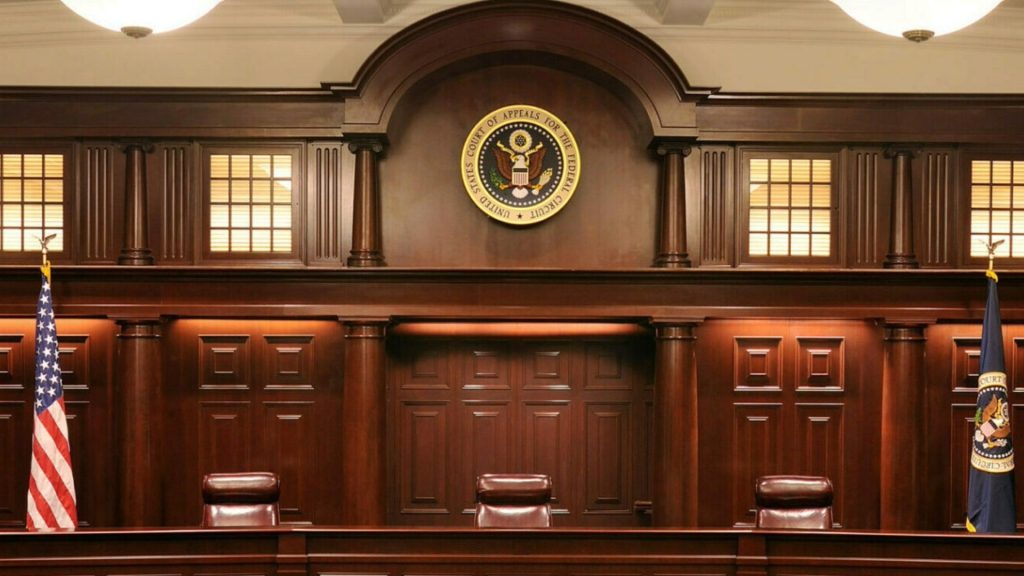
The “administration of justice” sentencing enhancement is intended to apply to interference with legal proceedings in court. While Brock’s actions disrupted and endangered Congress’s work in certifying the election results, the appeals court ruled this stage of the electoral process did not qualify as a judicial proceeding.
Impact on Other January 6 Sentences
The appeals court’s decision could have significant implications for other Capitol riot cases where defendants received the “administration of justice” sentencing enhancement. According to a spokesperson for the U.S. attorney’s office in Washington, D.C., over 100 other defendants have received longer prison terms due to this enhancement.
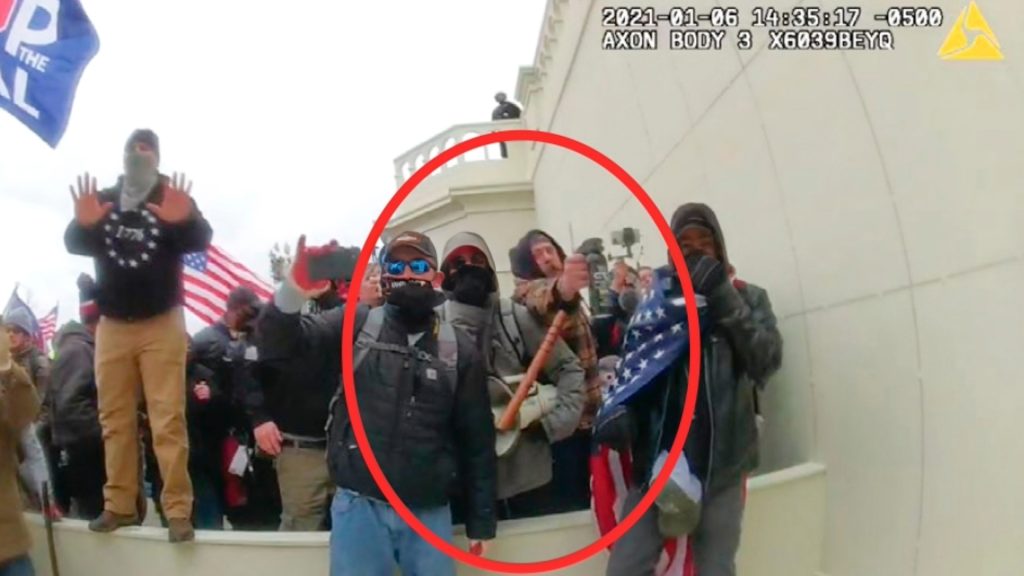
If the ruling stands, these individuals may petition the courts to resentence them without the enhancement, potentially reducing their time behind bars. It remains to be seen whether the appeals court’s ruling will stand or face challenges.
Possible Sentence Reductions
While the exact extent of potential sentence reductions is unclear, Brock’s attorney estimated that the misapplication of the sentencing enhancement likely increased his client’s term by approximately nine months.
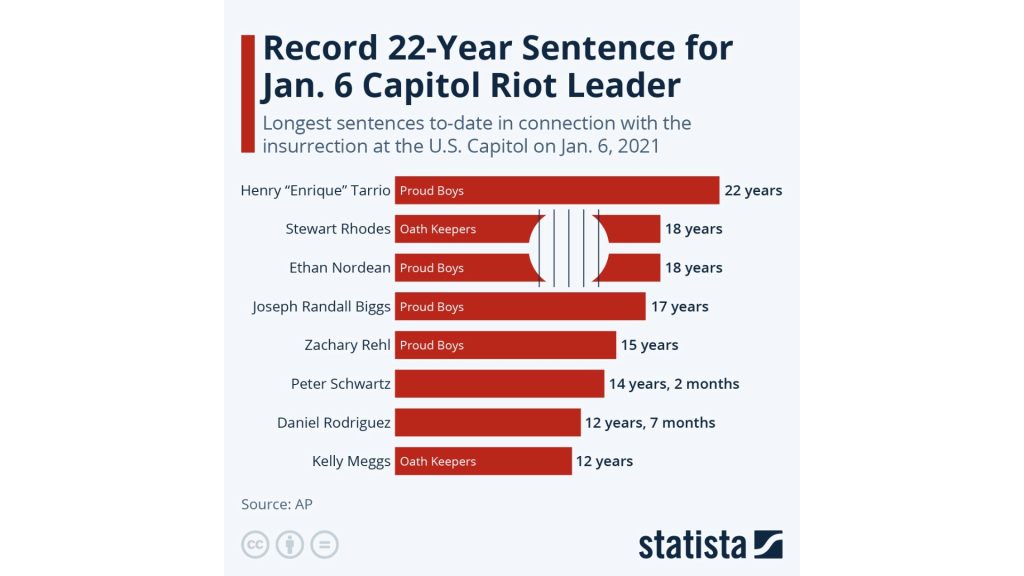
Prosecutors had originally recommended five years imprisonment for Brock. The obstruction of an official proceeding charge, the felony offense of which Brock was convicted, is already central to another case the Supreme Court will hear next month.
Uncertainty Around How Much Sentences Could Be Reduced
Should this ruling stand, those defendants who have not completed their prison sentences may petition the courts to reconsider their punishments. It remains unclear precisely how many sentences could potentially be reduced.
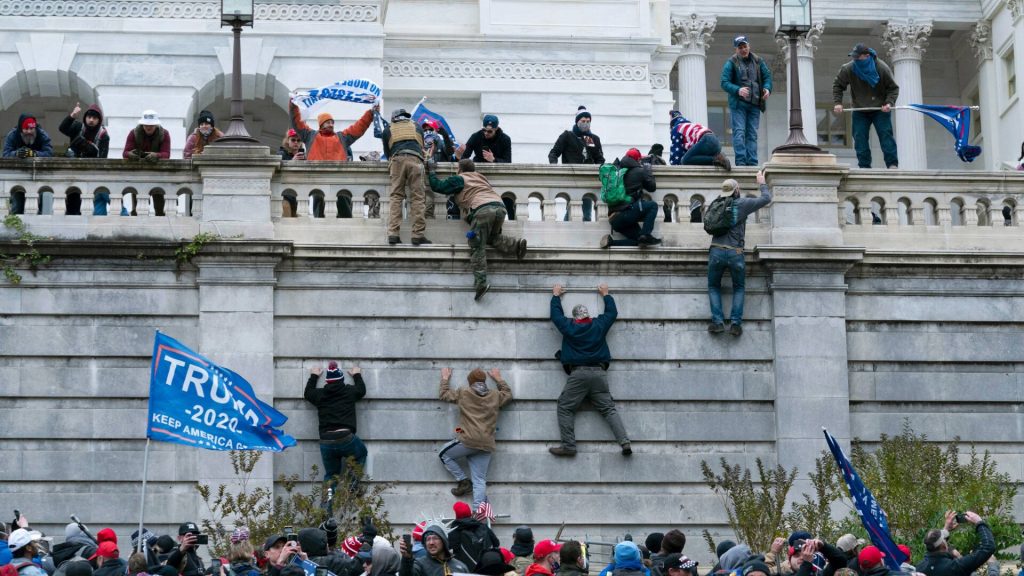
Federal sentencing guidelines provide suggested ranges to judges, who ultimately determine punishments. In Brock’s case, the sentencing enhancement increased the recommended range from 24 to 30 months to 30 to 37 months. U.S. District Judge John Bates had sentenced Brock to 24 months, the low end of the initial range.
Supreme Court to Hear Related January 6 Case Next Month
The U.S. Supreme Court will hear oral arguments next month in a case related to the January 6th attack on the Capitol that could impact hundreds of prosecutions stemming from the insurrection.

In November, the high court agreed to consider an appeal filed on behalf of Dustin Thompson, another rioter charged with obstruction of an official proceeding, one of the most commonly used charges in cases related to the attack.
Brock’s Attorney Argues Enhancement Increased Sentence Significantly
Brock’s legal counsel contends the misapplication of the “substantial interference with the administration of justice” sentencing enhancement likely increased his client’s term of incarceration by a substantial period.
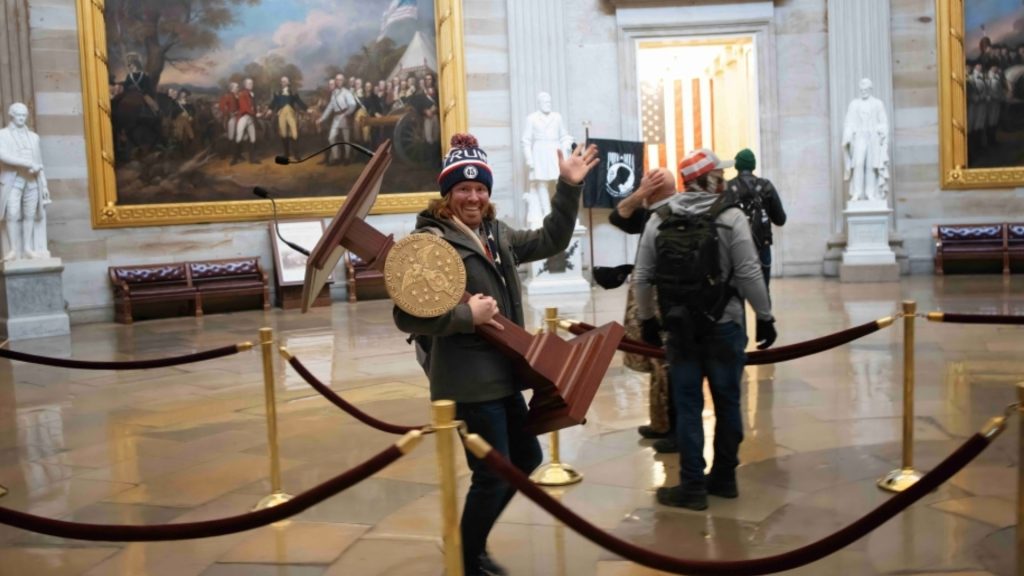
Without the improperly imposed enhancement, the recommended federal sentencing guidelines range for Brock’s offenses would have been 24 to 30 months. However, with the enhancement, Judge John Bates sentenced him to 24 months-the minimum end of that range.

